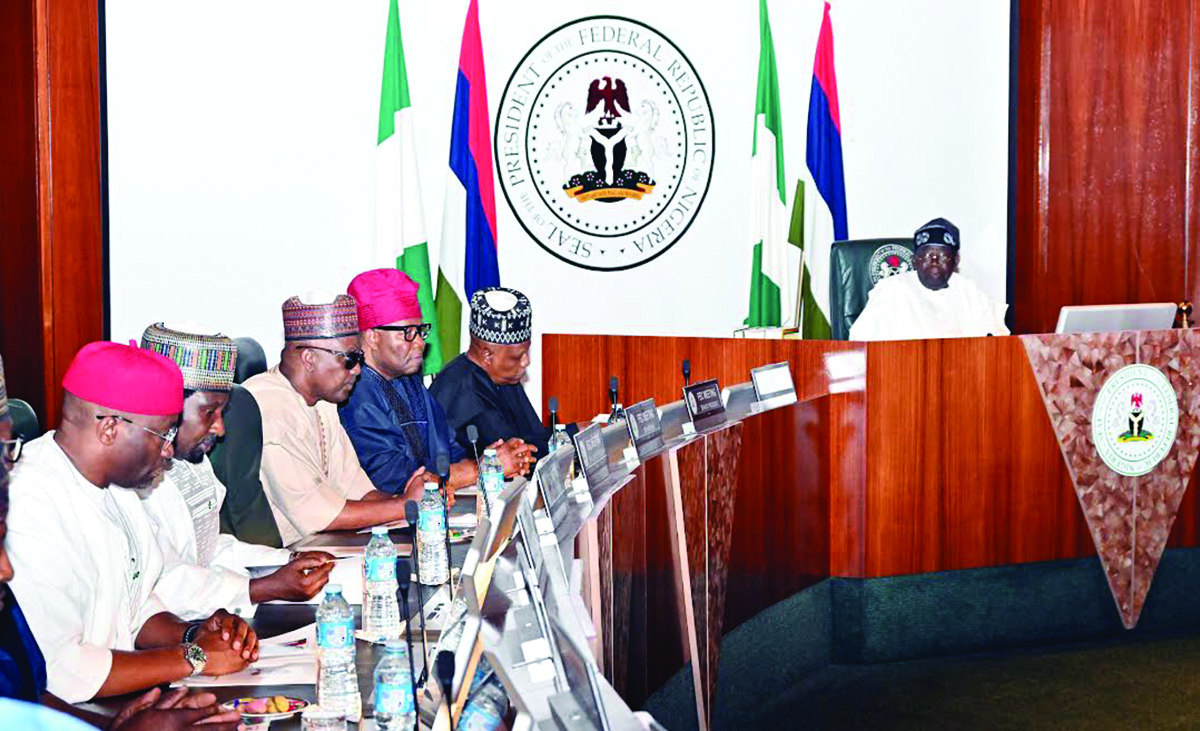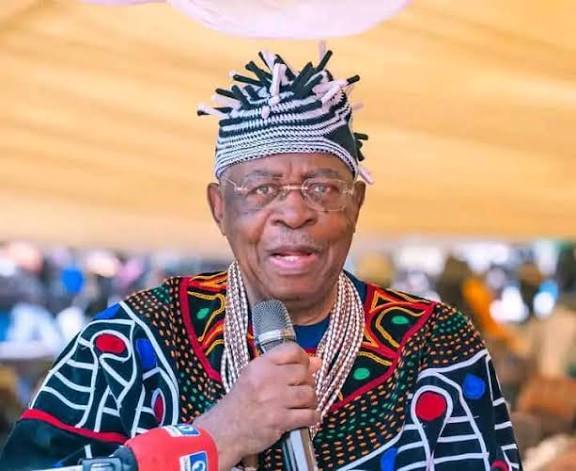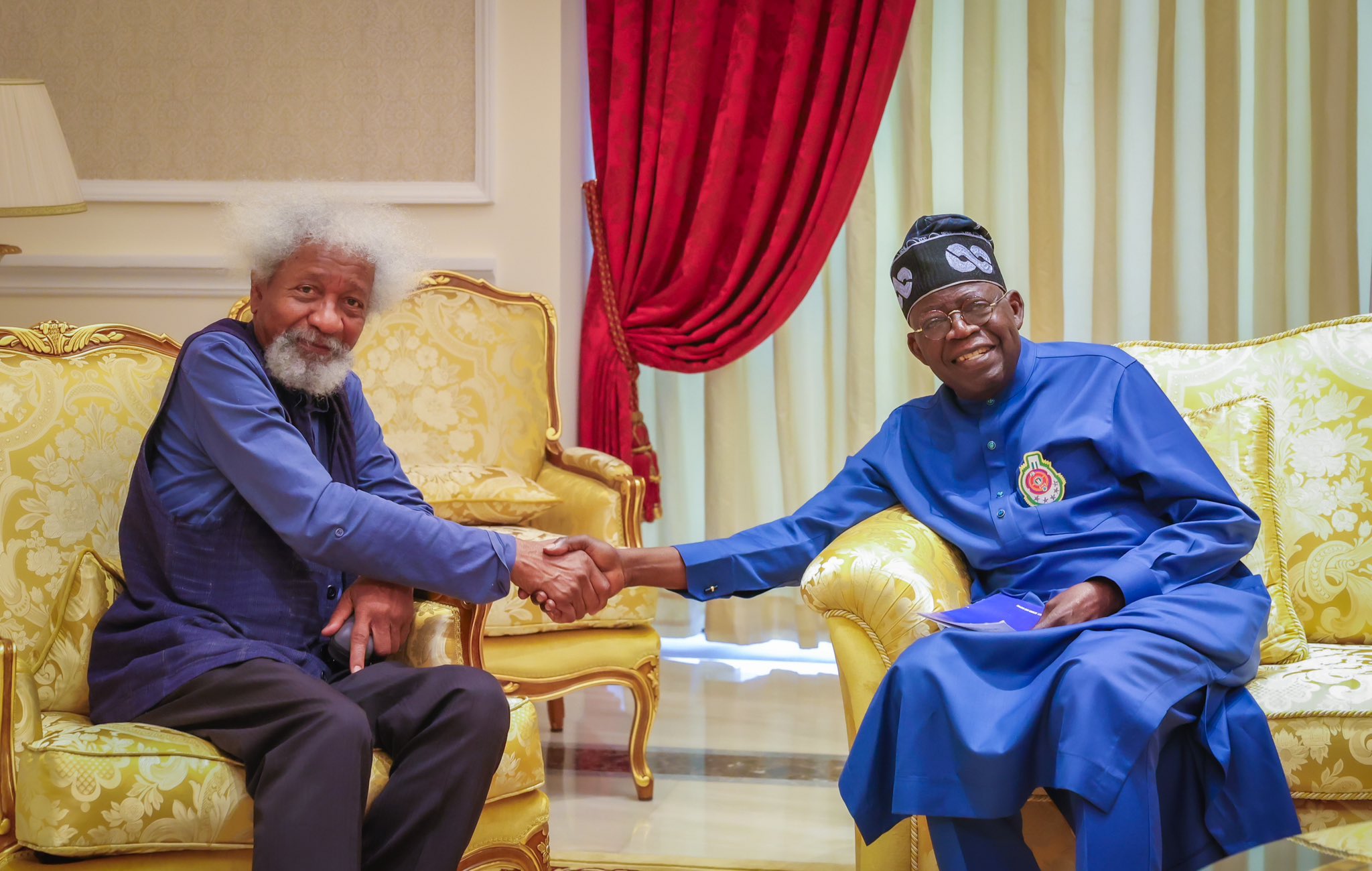
• Content board mulls N61 billion credit for industry
• Nigeria’s sovereign wealth fund worst managed, says IMF
The Federal Government has begun moves to end granting of cabotage waivers nationwide.To this end, a five-year plan was yesterday launched in Lagos to see to its successful execution and establishment of a new regime that makes indigenous operators compete favourably with their foreign counterparts.This comes as government said Nigeria was targeting to join the comity of shipbuilding nations in 2024.
Also, the presidency and the Nigerian Maritime Administration and Safety Agency (NIMASA) are contemplating incentives for prospective investors. Besides, the Nigerian Content Development and Monitoring Board (NCDMB) is planning to float a $200 million (N61.2 billion) facility to support the local industry.
The Director-General of NIMASA, Dakuku Adol Peterside, said after the careful implementation of the roadmap in the next five years, government would have revived the Ajaokuta Steel Mill and the Aluminum Smelter Company of Nigeria (ALSCON) to achieve local production of vessels.
Noting the place of technical capacity in the entire project, he said his agency was vigorously training Nigerian youths to acquire requisite knowledge on ship building and manning. Peterside said NIMASA had commissioned an audit of shipbuilding yards across the federation and was consulting with the office of the vice president to create incentives for those willing to build vessels in the country.
He stated that arrangements were ongoing to establish a special tax regime for Nigerians to import vessels, adding that his agency was also working with the Central Bank of Nigeria (CBN) to create a single digit facility for the maritime industry to aid indigenous participation.
An official of the NCDMB, Ajomaye Silas, commended NIMASA for the giant stride and sought stakeholders’ collaboration for the achievement of the agenda.He said the content board recognised that financing was a major issue in the drive, hence it had set aside the $200 million in collaboration with the Bank of Industry to support the project.Silas urged deployment of the necessary policy framework for actualisation of the plan. He added that training, financial support and technical know-how were equally critical to the realisation of the goal.
NIMASA ex-boss, Temisan Omatseye, painted the despondent state of the shipping industry, challenging the regulator to be alive to its responsibilities.The chairman of Shipowners Forum, Mrs. Margret Orakwusi, enjoined government to swiftly revive the steel firm owing to its importance to the national economy,”
Managing Director, Starzs Marine and Engineering Limited, Greg Ogbeifun, said government should be careful in giving a blanket elimination of cabotage waivers, which according to him, may not be exactly practicable.The Assistant Controller General (ACG) Zone ‘A’ of the Nigeria Customs Service (NCS), Kaycee Ekezie, said: “We are always sad about the amount of money that currently goes into waivers. It runs into trillions of naira. So, we are happy now that NIMASA is thinking home.”
Meanwhile, the International Monetary Fund (IMF) yesterday ranked the Nigerian Sovereign Investment Agency (NSIA), operators of Nigeria’s Sovereign Wealth Fund (SWF), as the worst transparently run fund after Qatar’s.The rating is contained in the IMF’s Fiscal Monitor for April 2019 released by the Fund in Washington yesterday, as part of activities marking this year’s Global Financial Stability Report.
Nigeria sits in the same category with Sudan, Equatorial Guinea, Chad and Saudi Arabia. The Report notes that corruption remains a challenge for many resource-rich countries. NSIA Managing Director and Chief Executive Officer Mr. Uche Orji however described the rating as incorrect and misleading.






